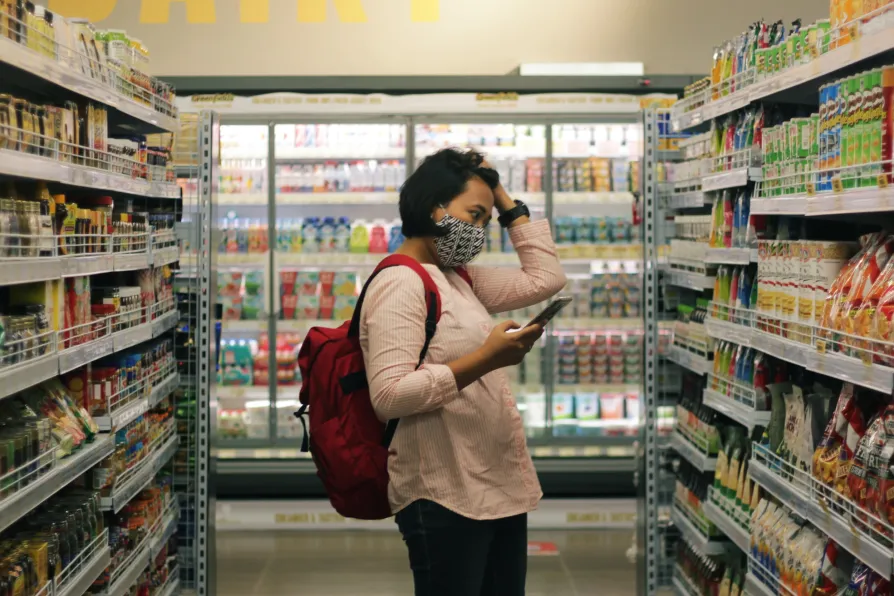Public trust plummets as households grapple with supermarket prices

 [Viki Mohamad / Creative Commons]
[Viki Mohamad / Creative Commons]
CONSUMER campaigners Which? revealed yesterday that public trust in supermarkets has plummeted to its lowest level since the horsemeat scandal rocked the industry 10 years ago.
The magazine’s monthly consumer insight tracker found that trust in the grocery sector has plummeted as the majority of households grapple with rising supermarket prices.
The survey shows that public trust dropped this month to the lowest it has been since February 2013 — when horse DNA had been discovered in frozen beef burgers and lasagne sold in some Irish and British supermarkets.
Similar stories













